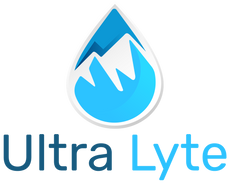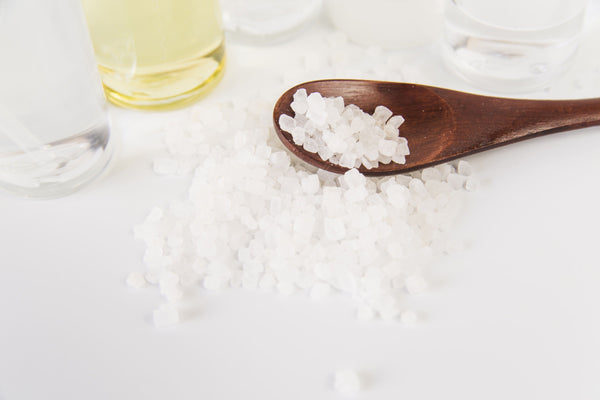
Sodium, Potassium, Magnesium – Which Electrolytes Are Most Important for You? A Comprehensive Guide

The role of electrolytes in the body
Electrolytes are minerals essential for the proper functioning of the body. Among them, sodium, potassium, and magnesium play a crucial role in many biological processes such as regulating water balance, nerve impulse transmission, and muscle contraction.
Sodium – regulator of water balance and blood pressure
Sodium is the main extracellular electrolyte. It maintains proper osmotic pressure and fluid volume. It also aids nerve impulse conduction and muscle function.
Sodium deficiency, although rare, can lead to hyponatremia—a dangerous condition characterized by fatigue, headaches, and altered consciousness (Adrogué & Madias, 2000).
Potassium – key for muscle and heart function
Potassium is the primary intracellular electrolyte. It supports proper muscle function, including the heart muscle, and regulates heart rhythm. It also helps maintain acid-base balance.
Potassium deficiency (hypokalemia) can cause muscle cramps, weakness, and in severe cases, arrhythmias (Gennari, 1998).
Magnesium – support for nervous and muscular systems
Magnesium participates in over 300 enzymatic reactions, affects nervous system function, regulates muscle tone, and supports protein synthesis. Its deficiency is linked to chronic fatigue, muscle tremors, and cramps (Volpe, 2013).
Which electrolyte is the most important?
It is impossible to single out one electrolyte as the most important because they work synergistically. Sodium and potassium regulate hydration and muscle function, while magnesium supports nerve and metabolic functions. Imbalance in any of them affects the whole body.
How to maintain proper electrolyte balance?
-
Balanced diet with vegetables, fruits, nuts, and dairy products.
-
Avoid excessive salt intake which can cause sodium overload.
-
Supplement magnesium and potassium if needed, especially during intense physical activity.
-
Monitor symptoms such as muscle cramps, fatigue, or irregular heartbeat.
Summary
Sodium, potassium, and magnesium are three key electrolytes essential for health. Their proper balance ensures correct muscle function, nervous system activity, and body water management. Maintain a balanced diet and adequate intake of these minerals to support your health daily.
References:
-
Adrogué HJ, Madias NE. (2000). Hyponatremia. New England Journal of Medicine.
-
Gennari FJ. (1998). Hypokalemia. New England Journal of Medicine.
-
Volpe SL. (2013). Magnesium in disease prevention and overall health. Advances in Nutrition.




